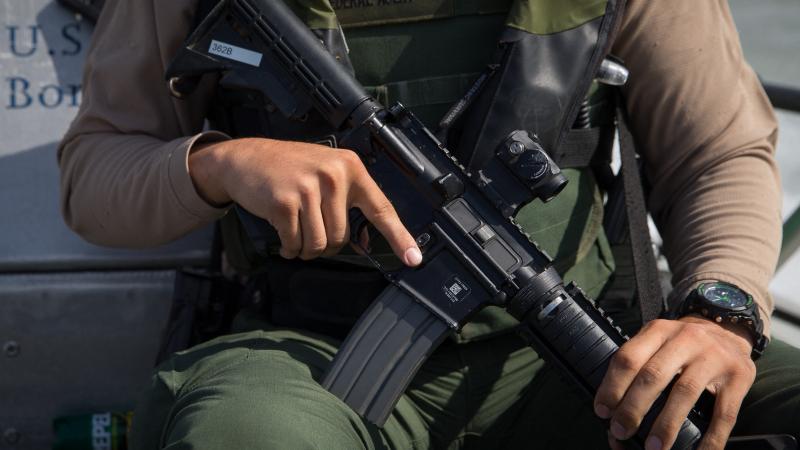Illinois becomes first state to prohibit police from lying to kids
New law was part of a package of criminal justice reform measures put forth by the Illinois Legislative Black Caucus and signed by Gov. J.B. Pritzker
Illinois has become the first state to ban law enforcement officers from lying to juveniles during interrogations.
The law was part of a package of criminal justice reform measures put forth by the Illinois Legislative Black Caucus signed by Gov. J.B. Pritzker Thursday.
Senate Bill 2122, which prohibits the use of deceptive tactics by all law enforcement when interrogating a minor, takes effect on Jan. 1, 2022.
“It is time that we move towards a new era of public safety,” said state Sen. Robert Peters, D-Chicago, a co-sponsor of the bill. “Public safety for all, public safety by the people, public safety that belongs to us.”
Also attending the bill signing was Terrell Swift, one of the so-called “Englewood Four.” Swift served 15 years in prison for rape and murder before he was released in 2012 after it was ruled that his confession as a 17-year-old was coerced by Chicago police.
That confession led to his conviction despite no evidence tying him to the crime, and the city eventually paid Swift $7 million in a settlement after his release.
“This bill, I truly believe, could have saved my life,” Swift said.
Along with SB 2122, Pritzker signed three other bills:
Senate Bill 64, which encourages the use of restorative justice practices by making statements during these practices privileged.Senate Bill 2129, which allows the State’s Attorney of a county in which a defendant was sentenced to petition for re-sentencing of the offender if the original sentence no long advances the interests of justice.Senate Bill 3587, which creates the Re-sentencing Task Force Act to study ways to reduce the state’s prison population through re-sentencing motions.
In February, Pritzker signed a criminal justice reform plan which eliminates cash bail within two years, makes it easier to decertify police officers by eliminating signed affidavits of complaint, and mandates the use of police body cameras for all officers by 2025.
Law enforcement officials statewide condemned the reform plan as hindering police from preventing crime, ultimately emboldening criminals and threatening police officers.















